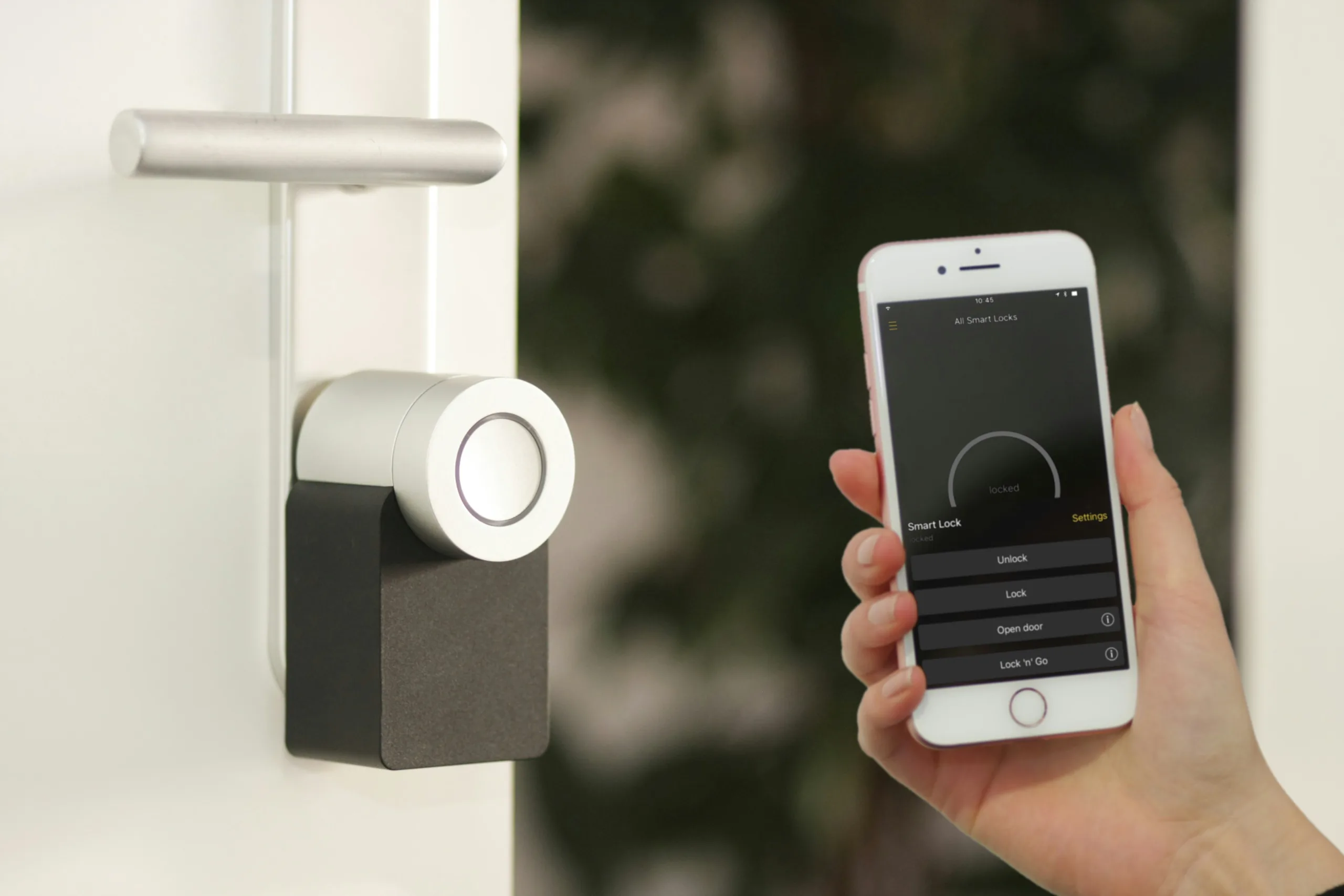When choosing the right heating for your home, there is no single best solution for everyone. The ideal heating system depends on your room size, insulation, budget, and how you actually use your space.
In this home heating guide, we cover the main types of heating used in UK homes – including electric heaters, infrared and halogen heaters, gas heaters, and more sustainable heating options. We’ll explain how each system works, what it is best suited for, and link you to detailed buying guides for each category.
Whether you are looking for fast spot heating, long-term efficiency, or the most eco-friendly option, this guide will help you choose the right heating system for your needs.
Introduction: Why Choosing The Right Heating Matters
Choosing the right heating solution is essential for keeping your home comfortable while controlling running costs and reducing environmental impact.
The heating system you choose must suit both your space and how you use it. Larger open-plan rooms often require higher-output systems, while bedrooms and home offices can be heated efficiently with compact electric or radiant heaters.
Cost is another major factor. Some heaters are cheap to buy but expensive to run, while others cost more upfront but offer lower long-term energy bills.
Finally, environmental impact is becoming increasingly important. Electric heating, infrared systems, and sustainable heating technologies all offer different trade-offs between efficiency, emissions, and installation cost.
In the sections below, we break down each major heating type and link to our in-depth guides to help you make the right decision.

Understanding Your Heating Needs: Key Considerations
The best heating solution for you depends on the size and layout of your space. You can calculate your heating requirement using the British Thermal Unit (BTU) formula – Room Size In Square Feet x Average Ceiling Height x Desired Temperature x .135 = BTU per hour.
1 watt is equal to 3.41 BTU/h, so you can compare your required BTU per hour to the power output of different heating systems.
Insulation is also an important consideration. If your house is well insulated and has features like double glazed windows, a low powered heater may be enough to heat your home. If it’s not well insulated, you’ll likely need something more powerful to maintain your desired temperature.
It’s also worth thinking about the climate you live in and your heating usage. If you live in a warm climate and rarely use heating, it may be worth looking into a cheaper and less powerful system. If you live in a cold climate and use heating regularly, a more powerful premium heater may be a better fit.
Electric Heating Solutions: Styling and Efficient Heating
Electric heating solutions are often some of the most stylish and cost efficient heating options. Electric heaters are 100% efficient at the point of use, so your money is converted in heat more effectively than other types of heaters.
One of the most common types of electric heating is the electric wall heater, which is a popular replacement for traditional radiators in small rooms and bathrooms. For detailed recommendations, see our guide to the Best Electric Wall Heaters.
Electric fires are another popular electric option, especially in living rooms and feature walls. If you are planning a built-in installation, our guide to the Best Electric Fires For Media Wall cover the best models.

Infrared and Halogen Heaters: Fast and Focused Heating
Infrared and halogen heaters are both forms of radiant heating, designed to provide fast, targeted warmth rather than heating the entire room air. For a full technical comparison, see our guide to Halogen vs Infrared Heaters: What heater is best for you?.
Generally speaking, halogen heaters are a good choice if you’re looking for something that is fairly cheap to buy that can still heat a space quickly. They have a low hourly energy consumption and an efficient electricity-to-heat conversion rate, but they’re slightly less efficient than Infrared heaters and usually have a shorter lifespan. We covered some of the best models in our article Best Halogen Heaters.
Infrared heaters provide instant heat and they’re even more efficient than halogen heaters. The downside is that they’re usually more expensive to buy, but they also usually last longer than their halogen equivalents. If you want to take a look at some of our favourite models, take a look at our article Best Infrared Heaters.
Gas Heaters: Versatility for Off-Grid and Outdoor Use
Gas heaters are a great choice for off-grid living where electric heaters would be impractical.
They’re generally seen as more reliable than electrical options, as they can continue to operate in power outages as long as you have access to fuel. Gas heaters are slightly less efficient however, with a fuel utilisation efficiency of around 70-90% compared to the 100% efficiency of electric heaters.
Safety is also an important consideration with gas heaters. It’s vital to have proper ventilation, fire/carbon monoxide alarms, and regularly check/maintain your heater.
If you rely on bottled gas or need heating that works during power cuts, portable gas heaters are often the most practical solution. We reviewed the safest and most reliable models in our guide to the Best Calor Gas Heaters.

Eco-friendly Heating: Sustainable Choices For Your Home
Another important consideration when evaluating your home heating is the impact on the environment.
Solar heating, heat pumps and biomass boilers are some of the most eco-friendly heating solutions. The downside hear is that these methods are expensive to install and generally occupy quite a lot of space on your property.
Electric heaters are still fairly eco-friendly because of their 100% efficiency, meaning no electricity is wasted in the process of heating your home. They can be a great option for people who don’t have the budget or space for more sustainable options like ground or water source heat pumps.
Gas central heating is still the chosen method for the majority of homeowners in the UK, so any environmental consideration you make is a great step in the right direction.
If reducing your environmental impact is a priority, sustainable heating technologies such as heat pumps, solar heating, and high-efficiency electric systems are worth considering. We explore these options in detail in our guide to Heating Sustainably: Exploring the Most Eco-Friendly Heating Solution This Winter.
Conclusion: Heat Your Home With Confidence
Choosing the best heating solution is essential for creating a comfortable, affordable, and eco-friendly home. Whether you prioritise cost, speed, style or sustainability, there’s always something that can fit your needs.
From stylish electric heaters and targeted infrared systems to off-grid gas options, each device has unique use-cases and benefits. It’s also worth checking out the different options on the market before making a decision.
It’s also important to consider the space you’re trying to heat – insulation and the size/layout of rooms can make a big difference when working out the best way to heat your home.
Hopefully this overview helped to shed some light on heating, but feel free to check out our other Heating and Climate Control articles for more info.
FAQs
You can connect solar panels to a variety of heating options in your home.
One of the most common methods is to use an inverter to connect solar panels to electric radiators or heaters, using green energy to power one of the most eco-friendly heating solutions.
Some people opt instead for solar water heating. This is where solar thermal systems heat water tanks or cylinders and then distribute that heated water around your home. They’re a great eco alternative to traditional central heating.
In short, yes! As long as electric heating is used properly, it’s very safe.
Electric heating doesn’t produce emissions, so there’s no need to worry about carbon monoxide alarms or the effects of fumes.
Most modern electric heating solutions also have thermal cut-out options. These protective measures stop the device from overheating, preventing a potential fire hazard before it starts.
Yes, electric space heaters are efficient because they convert almost 100% of electricity consumed in to heat. Space heaters can often be more energy efficient and cheaper to run than traditional central heating.
Thank you for reading our ultimate guide to home heating.
If you’re upgrading your heating, you may want to check out our other articles on Heating and Climate Control.
Feel free to leave a comment below if you have any thoughts or queries that you’d like us to take a look at – we’d be happy to help.





